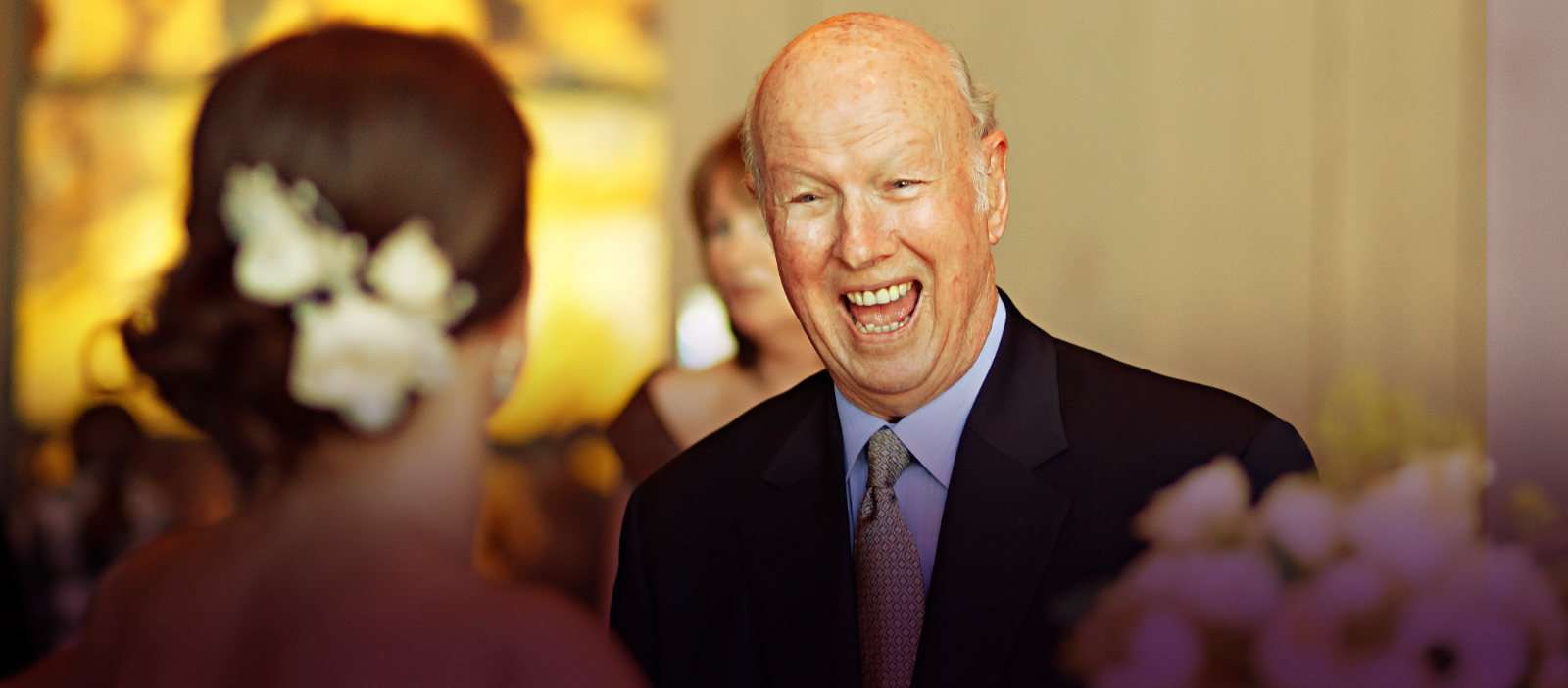
Thank you readers for all your wonderful, validating comments about my very personal article in discussing Mom. I also want to thank Raquel Garcia, the Associate Editor, for encouraging me to “just write it.” Mom’s are special.
Transitions
When my Mother first became ill I thought the doctors and caretakers were in charge. Whatever they told me to do, I would do. I was wrong. It’s easy to fall into that trap –when illness happens in a family we simply assume that the Doctor knows best (unless we’re doctors). I’m not saying he or she doesn’t know best but I am saying they don’t have the time to make sure every ‘senior’ patient is getting the best care. Medicare doesn’t pay for that attention. That is our responsibility!
When you’re child gets sick you question everything! You look up every diagnosis on the internet and go to earth’s end to find the right doctor and treatment. Yet, when it comes to our elderly loved ones, we let them go to the doctors by themselves, report back to us and accept their version of the doctor’s diagnosis. HELLO?!? These are the same people who went to earth’s end for you – shouldn’t we do the same now?
The short answer is yes! Here’s the difficulty, we’re not used to being the “parent” and Mom and Dad are not used to depending on children. This transition is going to take awhile and you will have to be patient but persistent. Your parents are going to fight you and it takes a toll on the “child.” I did not want Mom and Dad to ‘hate’ me because I was telling them what had to be done. And, no matter how knowledgeable I was they didn’t trust me! For awhile I became the enemy – I was the one telling Dad the truth about Mom. . . he didn’t want to hear it. Mom was hitting him, calling him names, blaming everything on him and unable to find her way once outside the home – but he didn’t think it was my place to tell him she was too sick for him to care for. Just as they did with us as children, we now have to take control and make decisions.
Following are some thoughts on how to begin the process:
- Visit your elderly family just a tad bit more than you used to . . . let them know you care about their health. Even if you live out of town – make one more trip a year.
- Discuss health issues with them – ask their Doctor’s name. If they’re going to the doctor while you’re in town ask if you can go meet the doctor. (If you live in the same town, also ask.)
- Let the doctor know you care about your family’s well being – if he or she knows there is ‘family’ monitoring them they tend to care a bit more.
- Ask your loved ones to tell the doctor that he or she can talk to you (without your loved one’s permission medical personnel cannot give you any information because of the Health Information Privacy Act.)
These small steps to begin the transition from child to parent. Don’t force it on anyone, simply quietly ask permission and show your loved ones that you are there for them. There might come a time when “rules” are necessary and be prepared to take the hit. Here’s what I can say with certainty – when it’s all over, love and family prevail.

